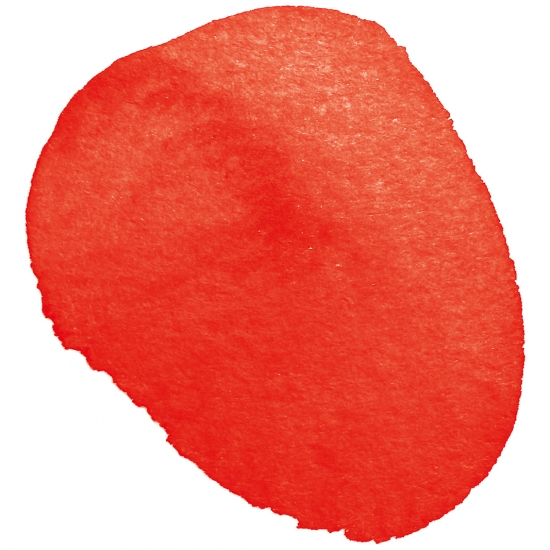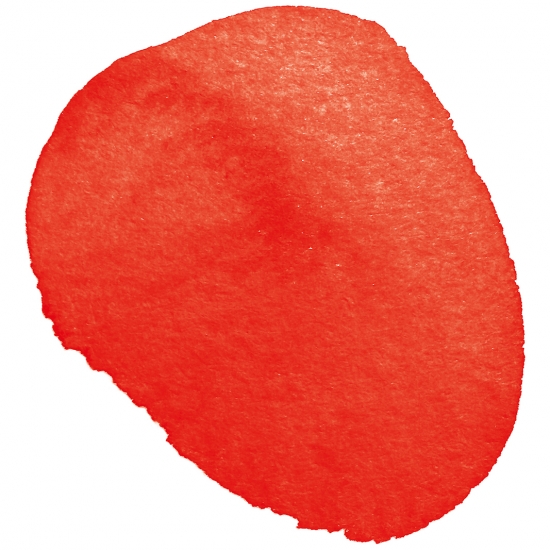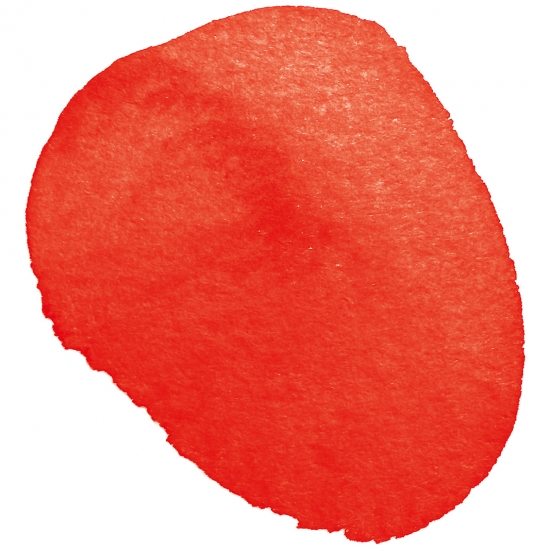Landscape Now
The 20th century was a particularly turbulent but extremely productive time for the theatre which became a battleground in the conflict between big systems and anti-systemic initiatives, an arena where outstanding individuals, extremely divergent aesthetic proposals and opposing political forces clashed. Theatre makers made revolutionary changes to almost all elements of the theatre event. They moved away from dramatic texts to work with ‘found’ texts or to create texts while devising a production. They moved out of theatre buildings into non-traditional spaces to do artistic work with the aim of creating a new society or, quite the opposite, of returning to the most ancient forms of theatre. They attempted to replace actors with inanimate objects or parts of sets, and to turn the spectator into the active participant or witness of the events. This ushered in two great reforms of the theatre within the space of 100 years. Where are we at now, in the second decade of the 21st century? What future developments are on the horizon? Which of the movements that shaped 20th-century theatre practice have been life-giving and which have proven passing fads? Noted theatre scholars Prof Maria Shevtsova, Prof Dariusz Kosiński and Prof Georges Banu, supported by their guests, will engage in a series of panels to address some of the questions and ideas that have come to bear on the theatre in the 20th and early 21st centuries.
Photo William Neuheisel, flickr.com


